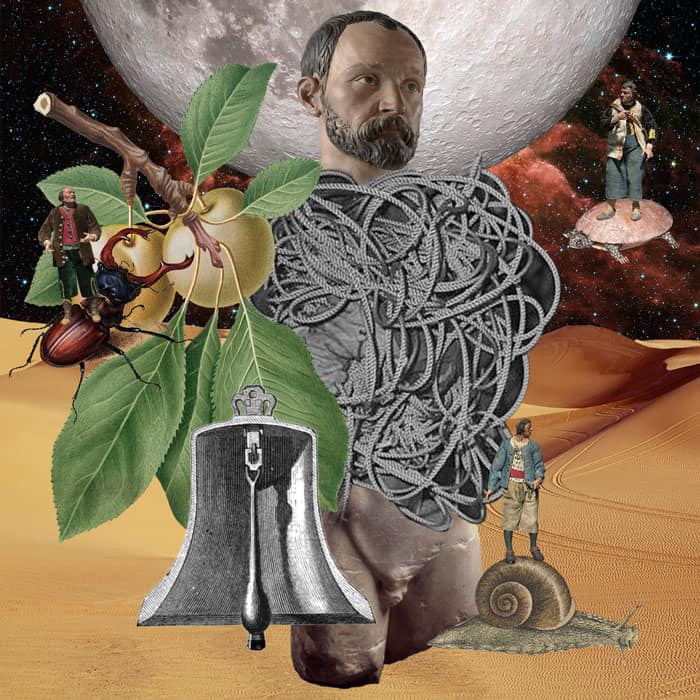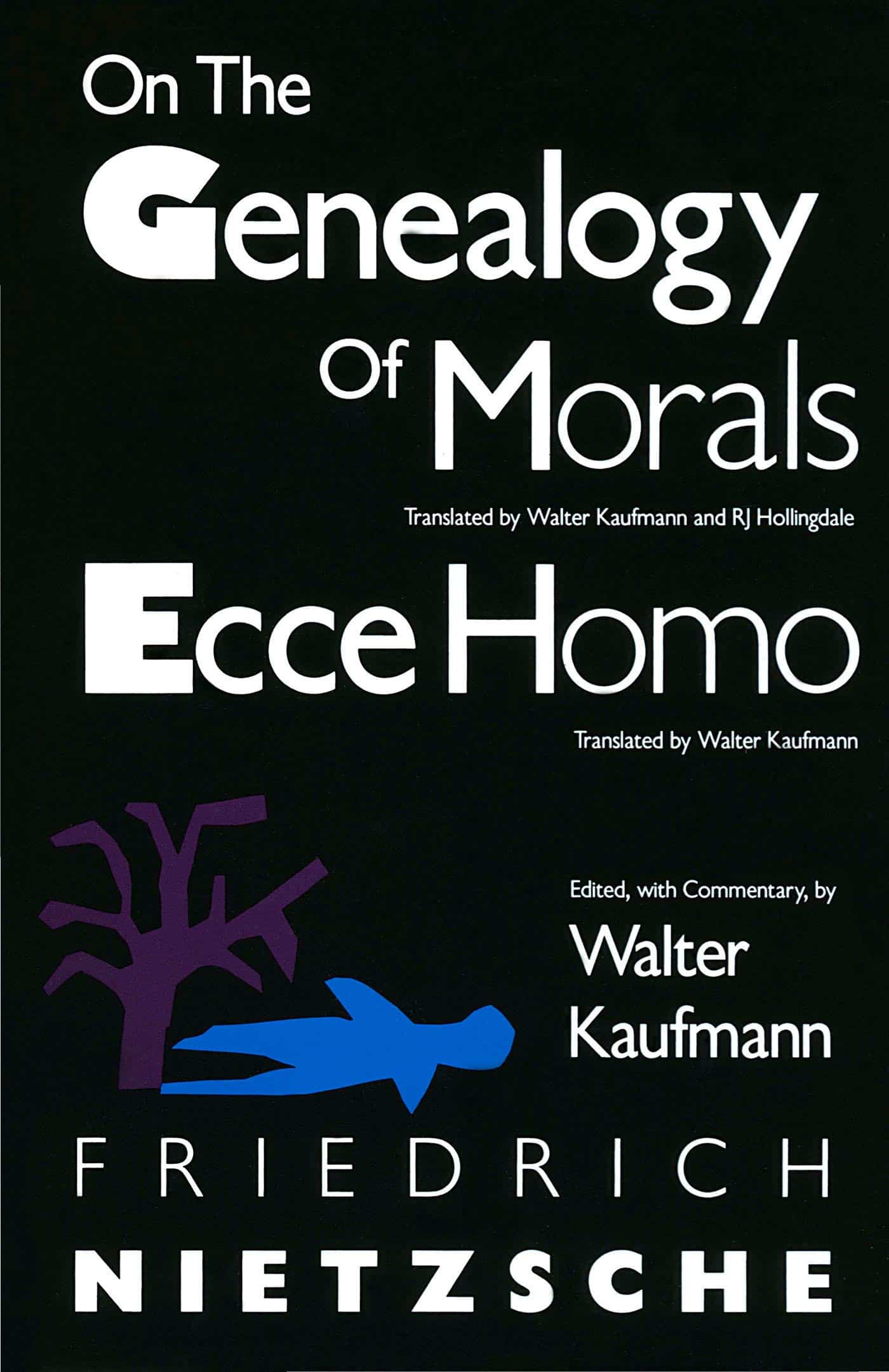We are unknown to ourselves, we men of knowledge – and with good reason. We have never sought ourselves – how could it happen that we should ever find ourselves?
Genealogy of Morals, Preface

Genealogy of Morals
Friedrich Nietzsche

(ISBN 0679724621) The Walter Kaufman translation is a well regarded translation of this text.
Because morality changes, he believes that a genealogical approach is required in order to gain philosophical insight.
The Genealogy of Morals is among Neitzsche’s later writings. In this challenging text, Nietzsche investigates the origins of morality in order to better understand the moral world in which we live. Because morality changes, he believes that a genealogical approach is required in order to gain a philosophical insight. Nietzsche observes through his genealogical investigation a struggle between human types and the ideals that sustain them. That struggle seems pointed at a decisive victory, for which nihilism is the prize. This text seeks to reveal the nature of that struggle for those who may self-consciously engage in it.
Why This Text is Transformative?
His works continue to artfully wound readers in ways which may heal beautifully.
Nietzsche remains one of the most influential and destabilizing figures of modern philosophy. His works continue to artfully wound readers in ways which may heal beautifully. Nietzsche’s investigation of “resentment” and “slave” morality challenge readers to reconsider the value of contemporary pieties and the ultimate aim and origins of their own moral perspectives, which overflowing love may transform.
A Focused Selection
Preface Questions

1) Who are “men of knowledge”? What sort of things do they know and how do they know them?
2) Remain as still as possible while looking at your face in a mirror: how long did it take for you to appear as a stranger to yourself? What did you notice that made you appear strange? What sort of mirror would we need to see our whole selves, including our thoughts?
3) What do you want to know most about yourself or our world? What would be the worst possible thing you could find out about either of these, and why is that the worst possible thing? What perspective may judge that revelation to be best?
4) What connection does Nietzsche see between Pity and Nihilism?
Study Questions

Section 1
1) In section 12, Nietzsche identifies “nihilism” as a modern condition where individuals lose the will to be human. What evidence does Nietzsche present to support this position, and why does he believe it is so terribly problematic? Where might one find evidence of this kind of nihilism in our world today?
2) What does Nietzsche mean by “resentment”? Whom do you resent and why? If you were all powerful, what would you do to that person or group whom you resent? Do you believe that doing that would make you and those whom you love stronger or better?
3) Nietzsche argues that “master” morality says “yes” to itself, while “slave” morality says “no” to the other. What is the difference in these judgements? What about your life do you say “yes” to without pointing to another and saying “no? What would it look like to do the opposite of this?
4) Why does Nietzsche believe that an entomological investigation into the terms “good”, “bad” and “evil” is illuminating? What does he say he learned from doing this investigation?
Building Bridges
Supplemental Resources

Warkspeak, by Lise Van Boxell is a careful and close reading of this text, which may be particularly useful for faculty to read in preparing to teach this text.
Text Mapping
Discipline Mapping
Political Science/Government
Psychology
Philosophy & Religion
Page Contributor



